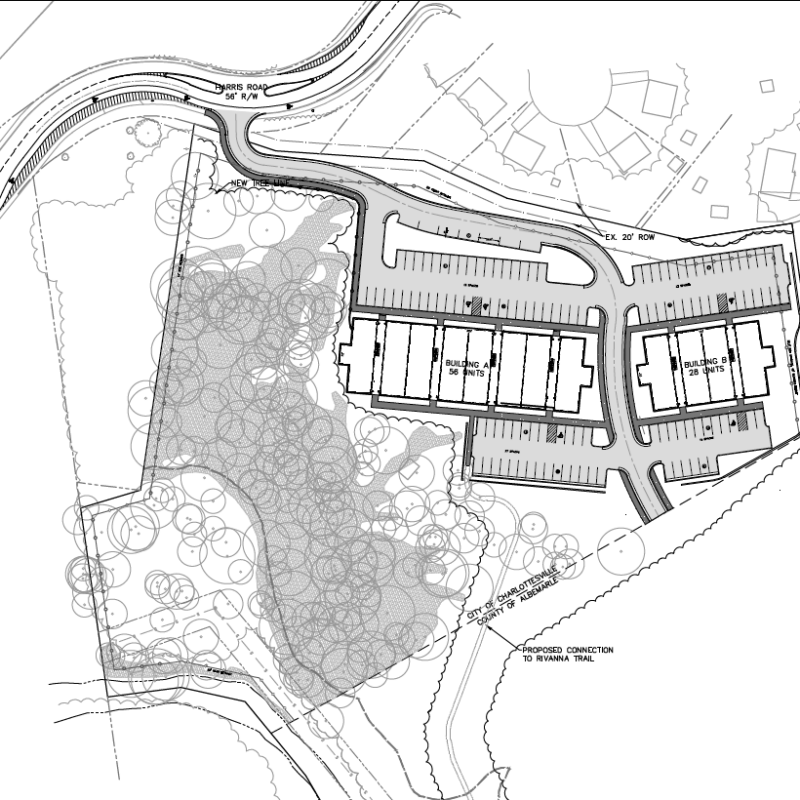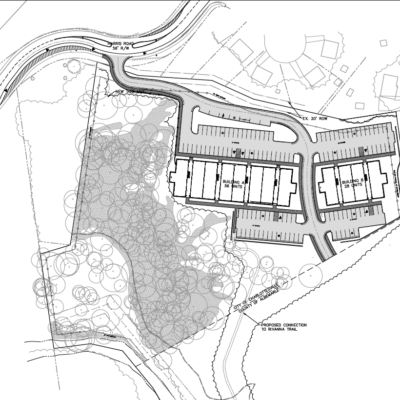By Celeste M. Smucker –
What is the best price for your home and how do you know? When all is said and done, the price is what the buyer is willing to pay and the seller is willing to accept. However, before the negotiation can begin, the home must go on the market, get advertised and get shown—or not if it is priced too high.
Coming up with the right list price for your home is both an art and a science and reflects what similar homes in your neighborhood have sold for and what is currently on the market. The condition of your home comes into play as do a host of other factors such as the quality of the local schools and proximity to jobs and amenities like the University, shopping, parks or play grounds.
Most sellers can’t be objective about the value of their own home, and in order to price it right, input from their agent—who knows the market well and is experienced at negotiating contracts and successfully bringing homes to closing—is essential. This is especially true today when inventory shortages and the fast pace of sales, at least in some neighborhoods, can give sellers the idea that all they need do is put a sign in the front yard and the house will sell quickly. If only it were that easy.
Fortunately a big part of what agents do is offer an objective view of the market and your home helping you price it so as not to lose out due to either over-pricing or under-pricing.
Buyers Decide What a Home Is Worth
A recent survey of generational trends in home buying conducted by the NAR (National Association of REALTORS®) found that most buyers under the age of 70 start their house search online. However, when they are ready to get serious, the vast majority (88 percent) use an agent to help them find and purchase their home.
This means today’s buyers are more savvy about the market than in previous times when they were totally reliant on agents for information. By the time they contact a REALTOR®, they have already eliminated some homes and formed opinions about what they can expect to pay.
Since many buyers’ first impression of a house comes from online searches, it is essential that the home look its absolute best in pictures, videos and online descriptions. In other words, buyers need to be excited about walking in the door. If they are not, no matter how nice your house is, they may eliminate it before they ever see the inside.
Of course the home must also live up to its marketing, and buyers and agents must both be convinced the actual condition and amenities of the house justify the price. If not the buyers will not linger, and agents are less likely to bring other prospects to view the home.
Sellers Set The Price
When it comes to pricing their home, sellers are often tempted to set a higher price than might be justified by market conditions, believing that buyers can always bring in a lower offer and they can negotiate a price somewhere in between—not a sound tactic.
In reality, before they start looking at homes, serious buyers either have sufficient cash or they talk to a lender and learn how much of a mortgage loan they qualify for. This information, along with their comfort level about how much payment they can afford, drives their decisions about what homes to consider. Often this means overpriced homes are eliminated up front because they fall out of the buyers’ price range.
On the other hand, buyers who can afford more house are also likely to reject ones that are overpriced since they won’t compare favorably to others they are viewing. All of this reduces the number of times a home is shown to qualified buyers, which doesn’t help it sell. While the price can always be reduced, many of the people who would have bought it at the lower price have purchased another home meanwhile.
Pricing Challenges
Today’s sellers benefit from more competition for their homes than just a few years ago and may even be fortunate enough to choose from several strong offers thanks to our active market and resulting inventory shortages. Still, they need to be careful when pricing their home, especially if they are actively competing with new construction.
Buyers who can afford a new home have lots of great features to choose from. Improved energy efficiency, open floor plans and one level living are popular. Many buyers also welcome the warranties that come with new homes and the idea that they don’t have to worry about renovations or upgrades.
This means sellers must assure their resale home is in top-notch condition and the price is very attractive. For example, Byrd Abbott with Roy Wheeler Realty Co. advises sellers to be sure their house “sparkles,” and to recognize the value of pricing it right. “If people think they are getting a great deal it can make a difference,” she said suggesting sellers be “very aggressive in pricing.”
Roy Wheeler’s Susan Reres explained that sellers of resale homes must work hard to emphasize their home’s best assets plus they need to “offer incentives and price aggressively to attract buyers.” And the good news, she says, is that there are some great deal out there for buyers “who recognize the value of established homes with full-grown landscaping and in some of the most sought-after locations.”
If selling your home is a priority, contact your agent today so you can price it for our fast-paced market. You’ll be glad you did.
Celeste Smucker is a writer and blogger who lives near Charlottesville.





